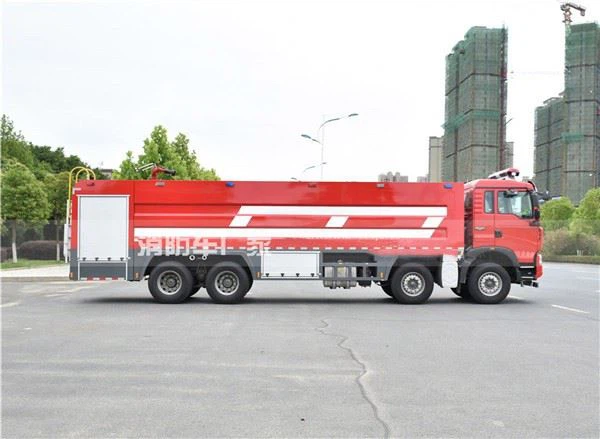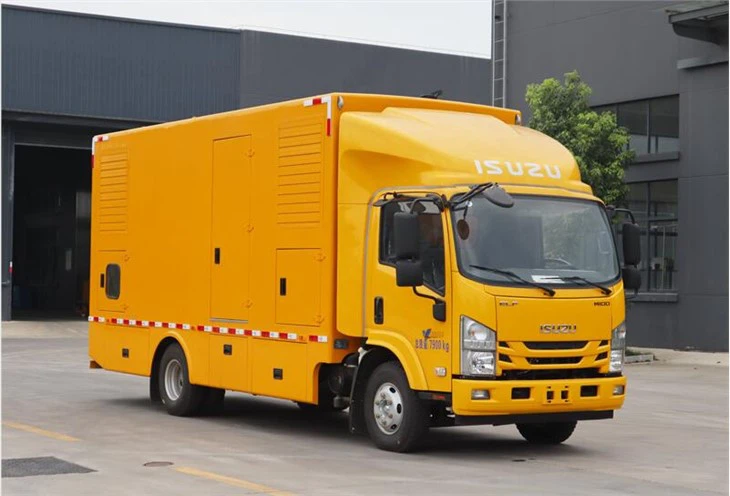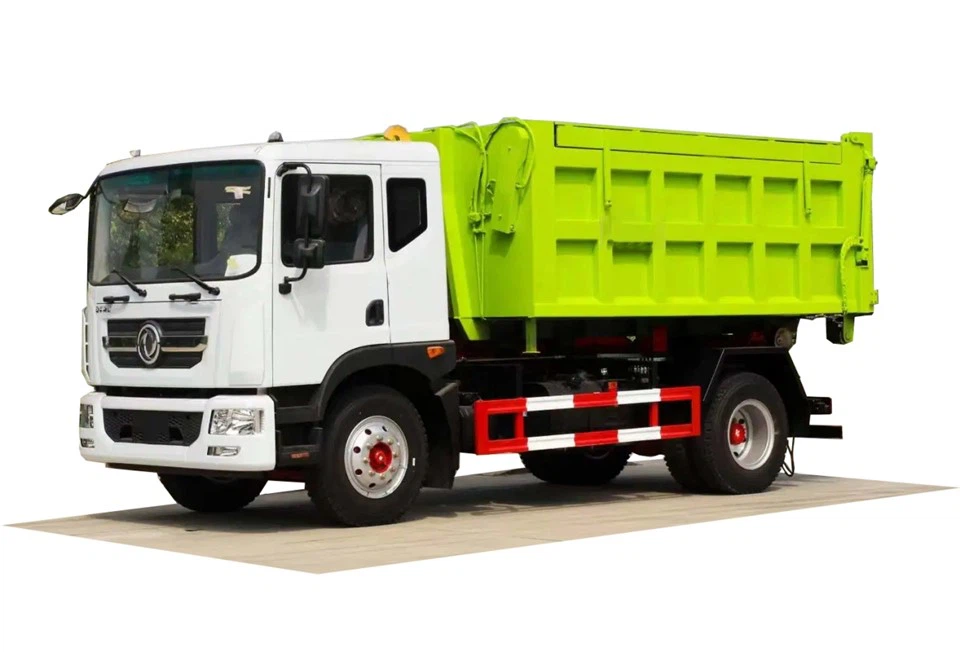Day cab truck rentals are an essential service for businesses and individuals needing temporary transportation solutions. Whether you’re moving goods or fulfilling a delivery commitment, understanding the ins and outs of day cab truck rentals can make a significant difference in your logistics efficiency. This comprehensive guide will cover everything you need to know about day cab truck rentals, including advantages, types, costs, and tips for choosing the right truck.
What is a Day Cab Truck?
A day cab truck is a type of commercial vehicle designed for short-haul transportation. Unlike sleeper cab trucks, day cabs do not have a sleeping compartment. These trucks are primarily used for deliveries and services within a day, making them ideal for local hauls. Their configuration often allows for greater maneuverability and easier access in urban environments.
Key Features of Day Cab Trucks
- Comfortable for Short Trips: Designed for day use, providing basic amenities without the extra weight of a sleeper compartment.
- Fuel Efficiency: Generally, day cabs are lighter, offering better fuel efficiency for short-distance hauling.
- Maneuverability: Shorter wheelbases make day cabs better suited for tight turns and urban areas.
- Variety of Configurations: Available in various configurations to meet different cargo needs, including flatbeds, box trucks, and refrigerated units.
Types of Day Cab Trucks Available for Rent
1. Flatbed Trucks
Flatbed trucks have a flat, open bed and are versatile for transporting oversized loads or machinery. They are ideal for construction sites and can handle various cargo types.
2. Box Trucks
Box trucks feature a fully enclosed cargo area, providing protection from the elements. They are commonly used for furniture moving and deliveries where items need protection.
3. Refrigerated Trucks
These trucks are equipped with temperature-controlled cargo areas, making them essential for transporting perishable items, foods, or pharmaceuticals.
4. Cargo Vans
Cargo vans are compact and easy to drive, suitable for local businesses needing to move smaller loads efficiently.
5. Tow Trucks
Tow trucks are specialized day cabs designed for towing vehicles and equipment. They come equipped with winches and other towing equipment.
Advantages of Renting a Day Cab Truck
1. Cost-Effective Solution
Renting a day cab truck is typically more economical than purchasing one. Businesses can avoid hefty upfront costs and maintenance expenses.
2. Flexibility and Scalability
Renting allows businesses to scale their operations up or down based on demand without long-term commitments, making it ideal for seasonal businesses.
3. Access to Newer Models
Rental companies usually provide well-maintained, newer models equipped with the latest technology and safety features, enhancing driver comfort and cargo security.

4. Reduced Maintenance and Insurance Costs
Rental companies handle maintenance and insurance, freeing businesses from routine checks and unexpected repair bills, thus streamlining operations.
Choosing the Right Day Cab Truck Rental Company
1. Research and Reviews
Look for companies with positive customer reviews and a good reputation in the industry. Websites like Yelp, Google Reviews, or industry-specific directories can provide valuable insights.
2. Rate Comparison
Compare the rental rates of various companies. Ensure you understand the terms: daily rates, mileage charges, and deposit requirements.
3. Fleet Variety
Select a company that offers a wide range of truck types and sizes. This flexibility ensures you can find a truck that meets your specific needs.
4. Customer Service
Evaluate the level of customer service provided. Good communication and support can significantly enhance your rental experience.
5. Rental Policies
Understand the rental agreement thoroughly, including policies on fuel, mileage limits, and potential fees for damages or late returns.
Cost Breakdown of Day Cab Truck Rentals
| Truck Type | Daily Rental Rate | Monthly Rental Rate | Mileage Charge |
|---|---|---|---|
| Flatbed Truck | $150 – $250 | $3,000 – $4,500 | $0.15 – $0.25 per mile |
| Box Truck | $100 – $200 | $2,500 – $4,000 | $0.10 – $0.20 per mile |
| Refrigerated Truck | $200 – $300 | $4,000 – $5,500 | $0.20 – $0.30 per mile |
| Cargo Van | $75 – $150 | $1,800 – $3,000 | $0.10 – $0.20 per mile |
| Tow Truck | $200 – $400 | $3,500 – $6,000 | $0.20 per mile |
Practical Tips for Renting a Day Cab Truck
1. Assess Your Needs

Determine the type of cargo you need to transport, the distance, and the size of the truck required. This will help you avoid overpaying for unnecessary capacity.
2. Inspect the Truck Before Rental
Conduct a thorough inspection of the truck to ensure it meets your safety and operational standards. Check tire condition, fluid levels, and ensure all lights and accessories are functioning.
3. Understand Your Route
Familiarize yourself with the route, traffic patterns, and any restrictions (like low bridges or weight limits). This planning can save time and prevent potential fines.
4. Fuel Policy Awareness
Know the fuel policy before renting. Many companies require you to return the truck with the same amount of fuel it had when picked up.
5. Look into Insurance Options
Ensure you have adequate insurance coverage for the rental period. Check if the rental company offers additional insurance to cover damages or theft.
Frequently Asked Questions (FAQs)
1. How long can I rent a day cab truck?
Most rental companies offer daily, weekly, and monthly rental options. You can choose based on your needs, but do read the terms related to long-term rentals.
2. Are there mileage limits on rental trucks?
Many rental agreements include mileage limits, after which extra charges apply. Verify these limits with the rental company prior to signing the agreement.
3. What do I need to provide to rent a day cab truck?
You typically need a valid driver’s license, proof of insurance, and a credit card for the reservation and potential damages deposit.

4. Can I rent a day cab truck for personal use?
Yes, rental companies often allow personal rentals. Ensure the truck type fits your needs and check for any additional requirements.
5. What happens if the truck is damaged during the rental period?
Rental agreements usually specify that you are responsible for damages. Ensure you have adequate insurance or consider purchasing coverage from the rental company.
6. Is a special license required to drive a day cab truck?
Most day cab trucks can be driven with a standard driver’s license. However, larger trucks may require a commercial driver’s license (CDL), depending on their weight and configuration.